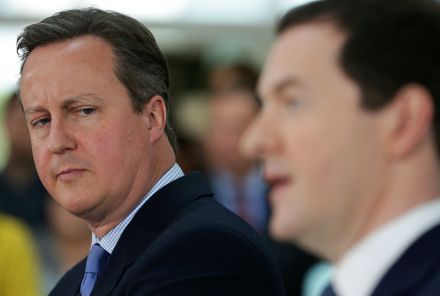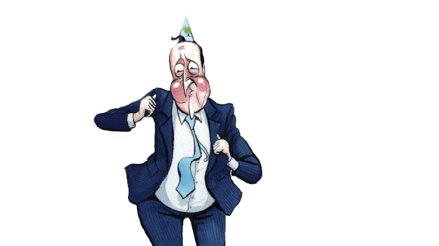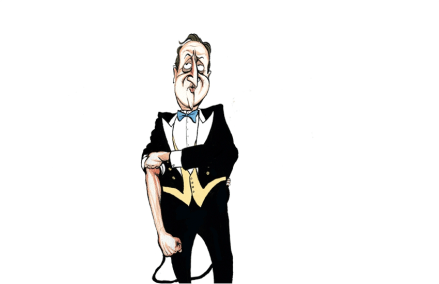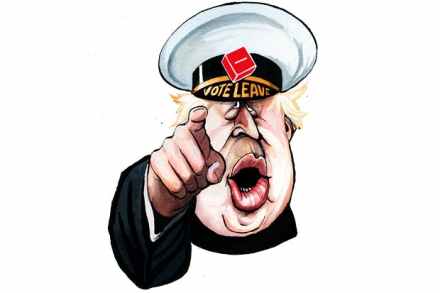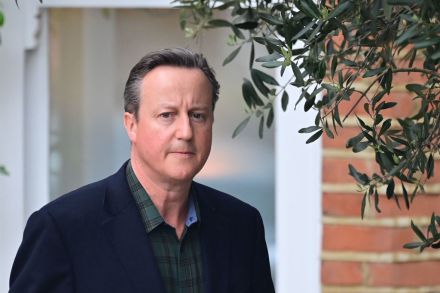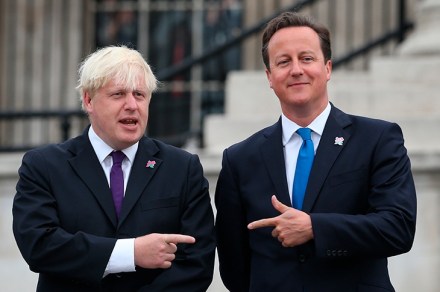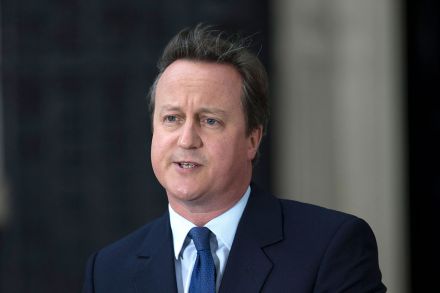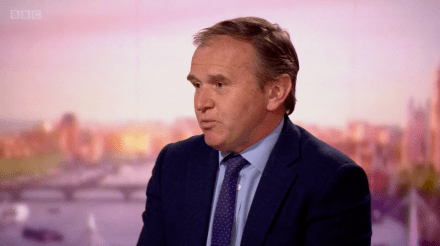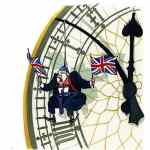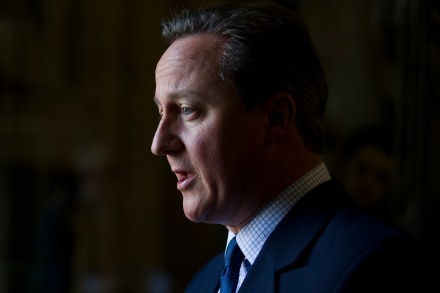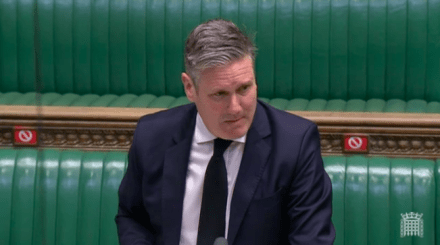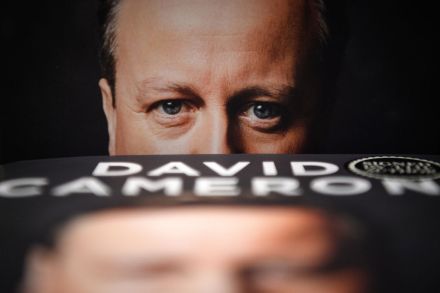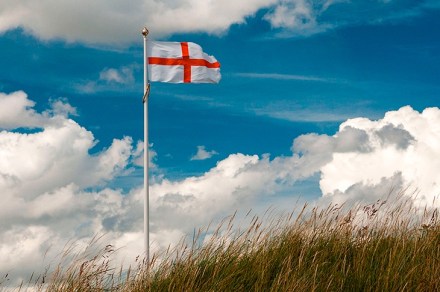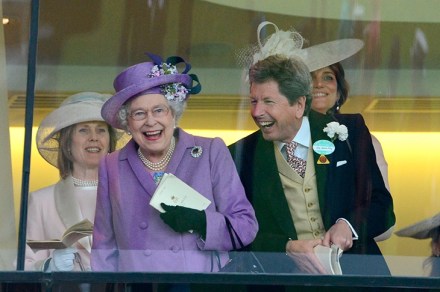Cameron snubs Osborne
The papers have been full of speculation this month about rumours of a rift between Rishi Sunak and Boris Johnson. The pair are reported to have clashed over travel quarantine rules amid speculation about Sunak’s designs on the top job. Such tensions are nothing new in Westminster politics of course – not for nothing has the relationship between Numbers 10 and 11 Downing Street been described as the ‘San Andreas Fault’ which runs through British government. But it appears the pair are not the only Chancellor and Prime Minister to have fallen out in recent months. David Cameron and George Osborne appear to be experiencing a rift of their own,
